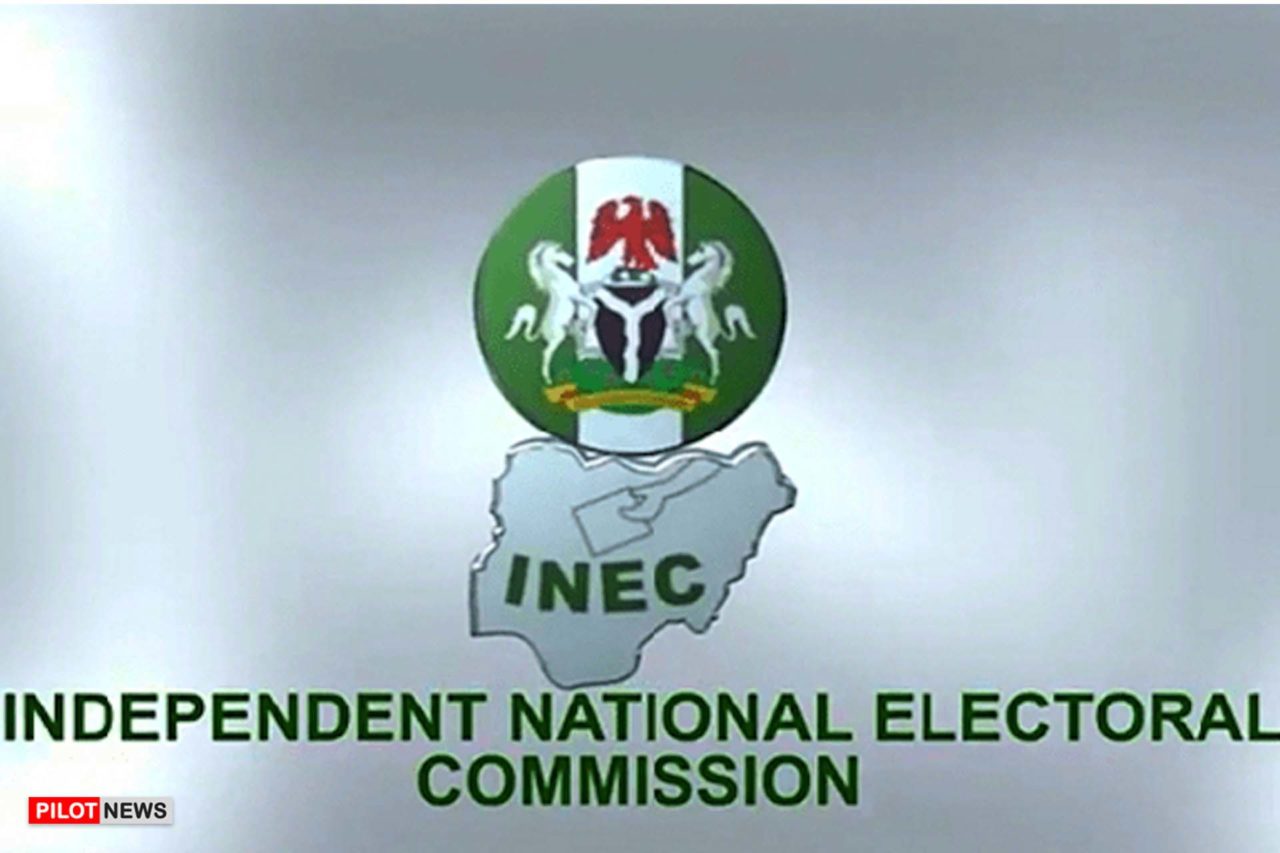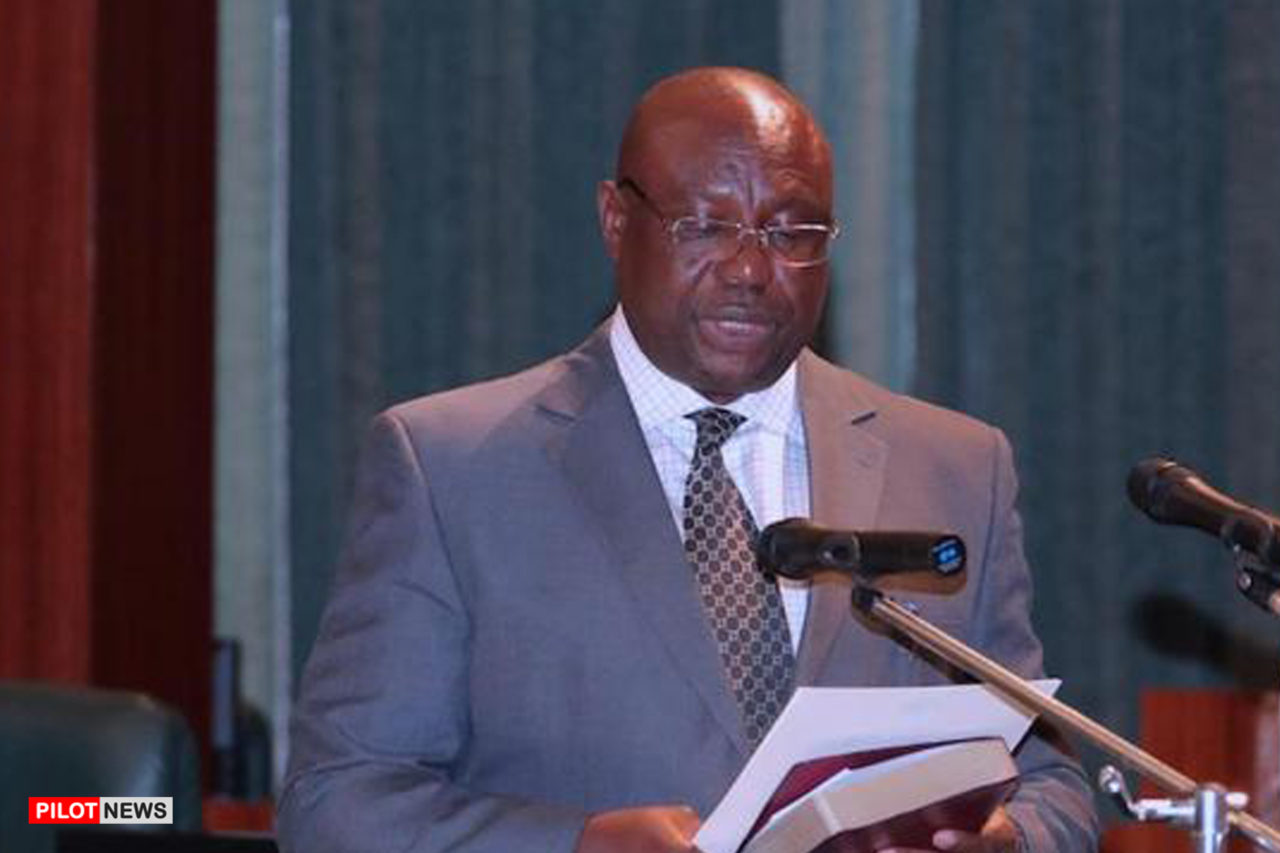Last week, the National Assembly passed the Electoral Act Amendment Bill, making it compulsory for all political parties to conduct their primaries using the direct method.
Direct electoral method is not new to Nigeria, and in fact, it has been said to have been adopted in the most credible election in Nigeria, which is the 1993 election.

According to African Election Database, Moshood Abiola of the then Social Democratic Party (SDP) garnered a total vote of 8,341,309 making 58.36% while Bashir Tofa of the defunct National Republican Convention (NRC) garnered a total vote of 5,952,087 making 41.64% of the election results.
Despite the alleged irregularities by the then military government led by Ibrahim Babangida, electoral observers at the national and international levels had posited that the election was the most credible election Nigeria ever had.
The model was also tested in the Lagos State Chapter of the All Progressives Congress (APC) governorship primary in 2018. The primary actually halted the second-term ambition of the then governor Akinwumi Ambode in the state.
Although one of the current challenges facing electoral process in Nigeria is vote-buying but direct electoral method will in the long run build electoral loyalty towards the party or candidate any electorate swore allegiance to in the secret. It may further dissuade electorate from collecting money from politicians if they know they’ll not vote for them.
Direct primary at the party level will also serve as popularity test for anyone contesting at the party level, such as we have seen in the case of former governor Ambode of Lagos in 2018.
Vice-President Yemi Osinbajo had said last week that many of the National Assembly members believed the best way for them to win re-election was by the direct primary method, which would not be easily manipulated by their state governors.
“The reason (for the endorsement of direct primaries by the National Assembly) as it emerged from our discussions at the tripartite committee was that some legislators felt that party congresses had been completely taken over by state governments, and other legislators, as stakeholders, stood no chance of a fair contest in the primaries if all potential delegates and actors have already been spoken for,” Osinbajo said.
INEC Duties Expanded
No doubt, the introduction of direct primaries at the political parties will expand the responsibility of the Independent National Electoral Commission (INEC).
On November 15, the Commission was reported to have said that it may be forced to use serving members of the National Youth Service Corps (NYSC) to monitor direct primaries of political parties across the country if President Muhammadu Buhari signs the Electoral Act Amendment Bill into law.
The electoral umpire maintained that this is due to a large number of personnel that will be needed to monitor the direct primaries across the 8,809 wards in the 36 states of the country and the Federal Capital Territory.
This was disclosed by the INEC National Commissioner and Chairman, Information and Voter Education Committee, Festus Okoye, in a chat with journalists.
Okoye added that it would be premature to speculate since the President had not yet signed the bill, adding that certain factors would be considered.
He admitted that the staff requirements for primaries would “change if the President assents to the bill.”
The INEC spokesman said some political parties might consider conducting primaries at the ward level, while others might use the local governments or senatorial districts as the criteria for primaries
Responding to a question, Okoye said, “Some parties may adopt the 8,809 registration areas (wards) of the commission for their primaries. Some may use the 774 LGAs for their primaries. Some may cluster their primaries around the senatorial districts.
“Some may use the state capitals and have a differential period when people from a particular local government area can vote. These things will be set out in the guidelines that will be designed by the parties and filed with the commission at least 14 days before the conduct of the primaries.
“When the bill is signed into law, the commission will meet and take a position on how to proceed with each strand and segment of the process. We may use our staff members for some of the primaries. We may use lecturers of federal tertiary institutions for some. We may use staff members of federal agencies and commissions, and we may use corps members. It depends on the tract designed and submitted by the parties.”
The commission, according to its 2019 project plan, hired about 2.7 million ad hoc officials for the general elections, many of whom were corps members.
The document showed that N630m was spent on monitoring political party congresses and primaries in 2018. About N104.8m was spent on monitoring governorship, senatorial, state constituency and federal constituency primaries, while the presidential primary cost N27.8m.
Criticism and Countered Criticism
The Peoples Democratic Party and the governors of the All Progressives Congress have rejected the provision for direct primaries, while the National Assembly remains adamant.
The bill is expected to be transmitted to Buhari this week for assent upon his return from South Africa. However, governors have begun making moves to ensure that he does not sign it.
But the House of Representatives and some senators have threatened to veto the President if he fails to sign the bill within 30 days.
Also, political parties under the aegis of the Inter-Party Advisory Council (IPAC), have again kicked against the use of direct primaries
The National Publicity Secretary of IPAC, Major Agbo, said that it could affect smaller parties, which did not have the finances.
He said, “The passage of the Electoral Act due to pressure from the electorate is a welcome development. The wishes and aspirations of Nigerians prevailed at last even though they tried to scuttle it initially.
“However, the inclusion of the clause on direct primaries is meant to stifle smaller parties without resources. The resources required to mobilise all party members for the primaries are enormous and will effectively put the smaller parties in difficulty, especially as the parties do not receive any funding from the government as tenable in other climes.
“This is not healthy for our democracy as it gives undue advantage to the bigger parties at the expense of the smaller ones. Nigerians should insist that this clause be removed before the bill is assented to.”



One comment
Timothy Yusuf
November 19, 2021 at 8:09 am
Direct primaries is a way forward to develop our electoral and democratic process.